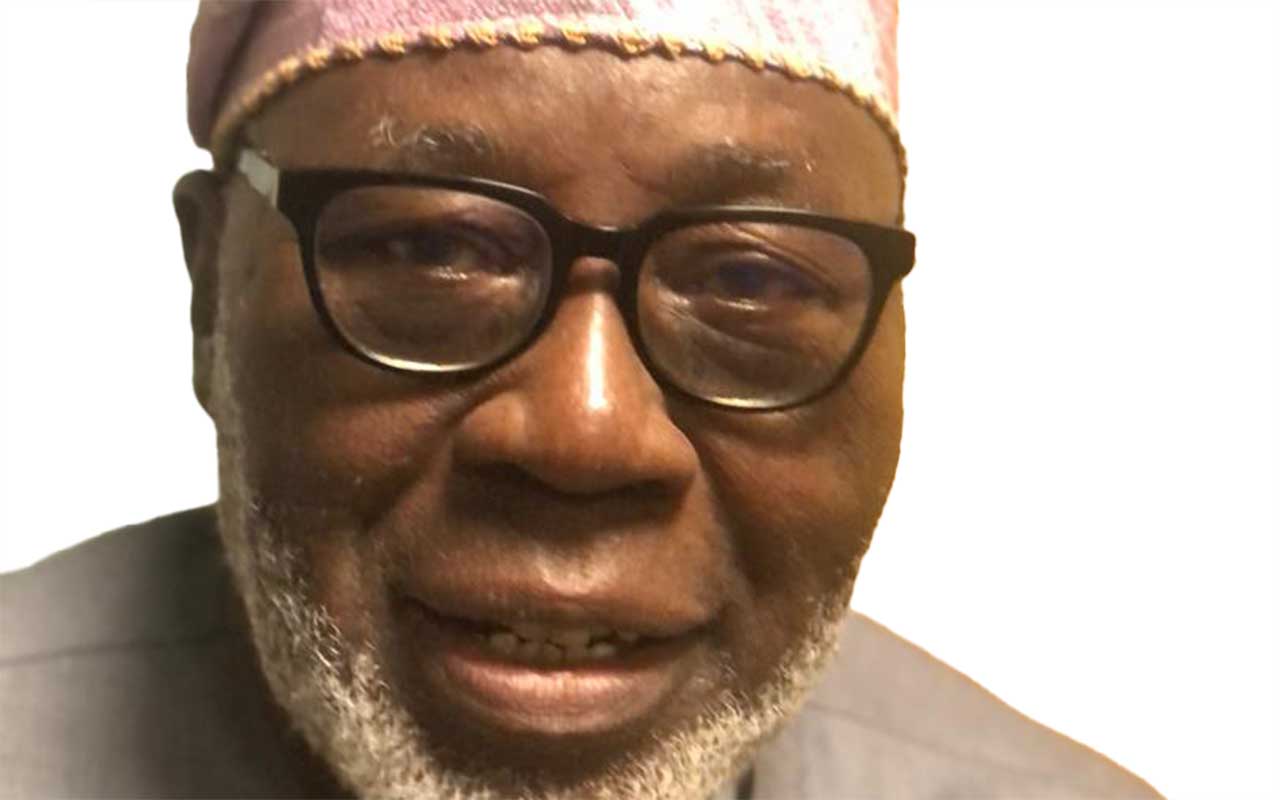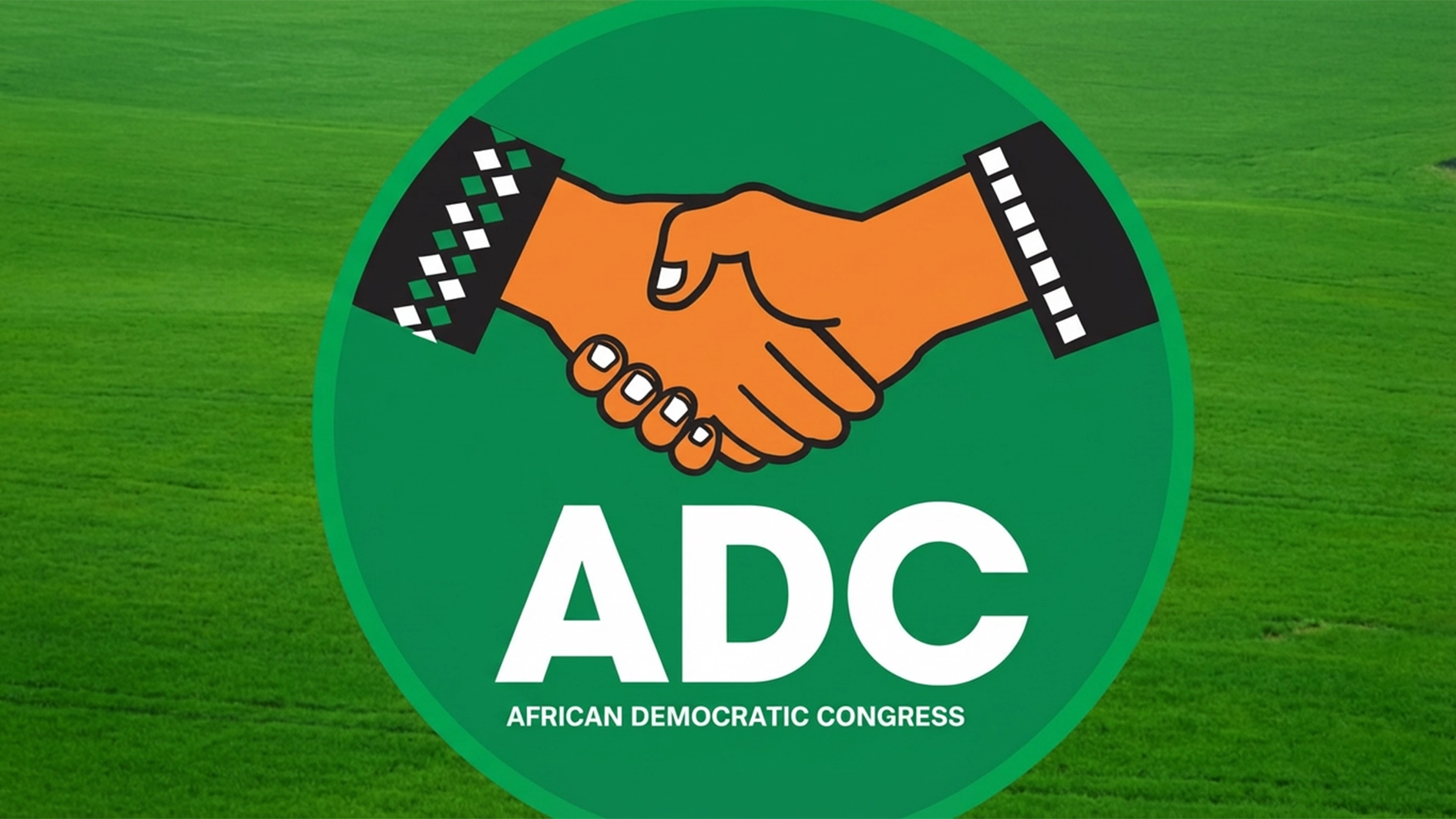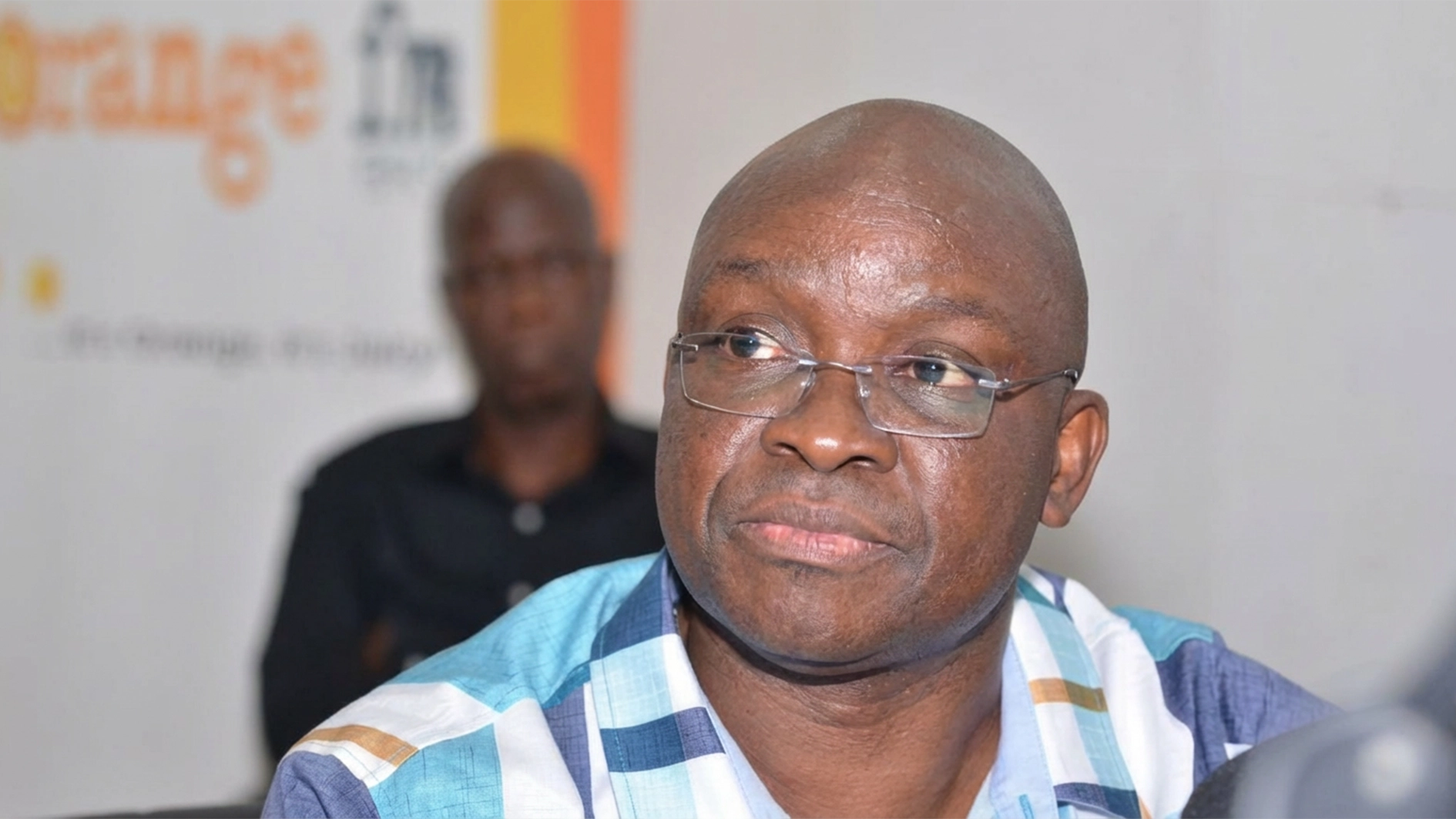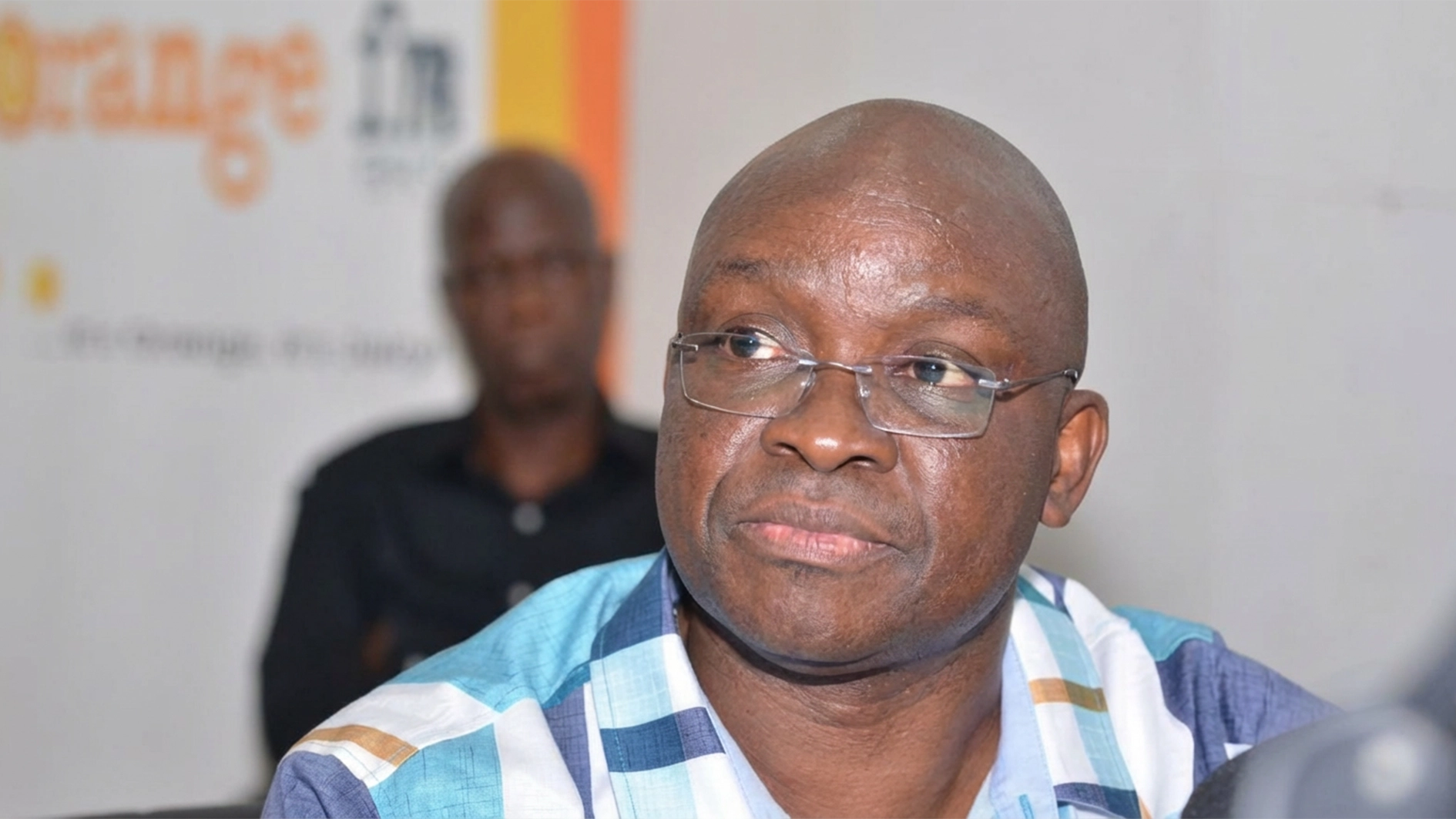
Former Vice Chancellor of Federal University of Technology, Akure (FUTA), Prof. Peter Olufemi Adeniyi, will launch his autobiography, Lifted, and Foundation on Thursday, October 31, this year. Ahead of the event, he spoke with ONYEDIKA AGBEDO on what prompted him to document the story of his life in a book form. The former Managing Director of UNILAG Consult, who had also served as the Pro-Chancellor of Ekiti State University, Ado-Ekiti and as Chairman of the Presidential Technical Committee on Land Reform, also spoke on the state of affairs in the country, positing that Nigerians are in a hurry to reap the benefits of the economic reforms embarked upon by the President Bola Ahmed Tinubu administration. He also challenged private sector organisations to think of ways to lift the underprivileged in society, asserting that “government cannot do almost everything.”
‘I Don’t Look At Cost But Outcome In My Endeavours’
You will be launching your autobiography, Lifted, and the Professor Peter Olufemi Adeniyi Foundation (PPOAF) on Thursday, October 31, 2024. Why are they coming at this point in your life?
That is a wonderful question because I have been asking myself why now. But in Yoruba culture, they say that there is no time you make a new cloth that you cannot wear it. That notwithstanding, I did not think about writing anything about myself. When I was the Managing Director of Unilag Consult in 2001, two of my members of staff said, ‘Sir, with all the things you are doing you should write a story about yourself.’ I just waved it by the side; I said to myself who will read the story and left that. Even if I had wanted to think about it, the following year I became the vice chancellor of the Federal University of Technology, Akure (FUTA) and I had a lot of challenges to address. So, I forgot about autobiography.
Then around 2011 when I thought I should look at it, my mentor, Prof. Akin Mabogunje, presented his autobiography and while I was travelling to Canada, I took a copy for my friend. When my children saw it, they asked, ‘Daddy, when are you going to write your own?’ I just said that if God wanted, I would do so.
I came back to become the chairman of the Presidential Technical Committee on Land Reform and that consumed all my time until COVID-19 came. We couldn’t go out; we were locked down. That was when I said I could try writing it and then started looking for the materials and all that.
When I started writing it, I kept on questioning myself: For what purpose? Then I remembered what my mentor used to tell me – it is very difficult to learn anything from an undocumented event. If you do not document events, there is very little that anybody can learn from them. So, I decided to keep on trying.
As I was writing it, an idea came to me that I was not actually writing in order to make money. Of course, I felt that maybe some people may see some things and learn from it. But then I could not give the book a title. It took me three months of soul searching to come up with a title; I looked back at every step of my life – how my parents struggled, old people, very loving but they were literate; how others came to assist me; in fact, from secondary school to HSC, the Oba of my town paid my fees. From there on, the principal of my alma mater made sure I got a scholarship to go to the university. Even when I came out and wanted to get a job, people assisted me. They even brought my letter of appointment as a staff of UNILAG to me at home. Even becoming a vice chancellor, they invited me; I did not apply. Going into government, I did not apply. People raised me up one way or the other.
So, the idea occurred to me that I have been so lifted by God and people. Then one night, I just stepped down and said lifted. I don’t know how the word came out of my mouth but I was just repeating it – lifted, lifted, lifted – and I said that’s the title of the book.
What did writing Lifted cost you?
(Laughs) Well, I don’t look at the cost. In anything I am trying to do, it’s not so much of the cost but the outcome that I worry about. Yes, along the line I got a lot of people to assist me – my children, my wife and my secretary – and we had sleepless nights. And someone helped to edit the entire book and has refused to collect a kobo till date.
So, it’s not so much about the cost. And there is this philosophy or concept that when you lift somebody up your hand is up there too; when you lift somebody down, your hand is also down. For me, the most important gift that God has given me, I will say, is to lift people up, walk with people and talk to people.
The only unfortunate thing is that I kept on saying that I would complete the book in 2023 and launch it during my birthday but it didn’t materialise. Again, I said I would do so during my birthday this year, which was on April 4, but I just could not. So, I stopped. There are three chapters I didn’t write on community development and I am praying to God that if he can preserve my life, I will still write those three chapters as part two of my autobiography.
How did you come up with the idea of establishing a foundation?
I have been helping people in little ways, which is part of my life really. And when I had the opportunity to serve as the pro-chancellor of the University of Ado-Ekiti, now Ekiti State University, I instituted an entrance scholarship. From my experience, I recognised that when some students are admitted, the first challenge is how to get money for accommodation and other things they need to settle down. So I said, ‘Here is N1 million; begin to give it to two students with best JAMB results from Ekiti and from my local government Ikole-Ekiti.’ That was in 2010 but they didn’t do anything until 2014. That year, they gave it to four people, who were medical students.
Then, after some time I wrote to the university to ask if they had finished the money because it ought to remain N800,000 after giving to four persons but I didn’t get a reply. So, as I was writing Lifted, I thought that this would be an opportunity to establish a foundation to administer the scholarship programme; I don’t have to put money in the university. That way, it will fit what is in my mind because God lifted me up through people.
So, this foundation is set up to offer scholarships, grants and financial aid to students from underprivileged backgrounds, enabling them to pursue higher education and achieve their academic goals; support tailored educational programmes and initiatives designed to uplift disadvantaged groups and foster educational equity; empower individuals and communities to engage their capabilities and contribute positively to society through targeted training and skills development programmes; build strategic alliances with educational institutions, organisations and stakeholders to amplify our impact and broaden our reach; provide training and development opportunities for educators, community leaders and volunteers to strengthen their effectiveness in community development; support research and innovation in education and community development; and advocate for policies and initiatives that support education and community development.
Most people are serving us in this country without education and they are the most dangerous people. When you don’t have knowledge and you are serving, it can be very harmful. So, the aim of the Foundation is to offer service and advocacy in education.
The launch of the autobiography and the Foundation will take place on October 31, this year, at the Tayo Aderinokun Auditorium, University of Lagos at 11am; and also on November 7 at Theodore Idibiye Francis Auditorium, FUTA, at 10am.
How do you intend to fund the Foundation?
The proceeds from the book launch will be the seed money for the foundation. And once you have seed money, you are in a position to strategically approach institutions, organisations and individuals, even from now on. I can tell you that people have been pre-launching the foundation. We have opened an account for the Foundation in First Bank and people have started dropping money there. And by the time other people and organisations see what we are doing, by the time they feel the positive impact we are making, they will be encouraged to support the Foundation.
We have a lot of people in this country who would like to give but who lack the knowledge of where to give. So, we will pursue that by having a very flexible website that people can relate to.
At 85, I don’t know how long God can keep me on this earth. And I’m grateful to God for my life so far. The idea is that the Foundation will continue after me. And I am thanking God that there are young people on the board that will bring other young people into it so that the foundation will function very well. The only thing is that we will start small in such a way that we will make an appreciable impact, which is the first thing that you must do.
In your own words, having uneducated people in leadership is dangerous, which is part of the reasons you are establishing a foundation to assist brilliant individuals from underprivileged homes to acquire good education. The Federal Government has also recognised this need and has established NELFUND to administer a students’ loan scheme where students who are in need can draw from. Are there other areas you think the government should look into to ensure that no brilliant Nigerian drops out of school due to lack of funds?
The government is on the right path with that programme. But we need to have a second look at our educational curriculum right from primary, secondary to the university. The world has so changed that the kind of curricula that are being used in Nigeria is almost outdated. So, talking about service, we should now look at a situation where it is not just theory that we give to students but the practice. The universities will tell you that the degree they are giving you is not just the academic qualification; it goes with character. But that character is now missing. Our value system has been so distorted; part of what we want to do is to address that in terms of rendering service. Hardly can you get people volunteering to do anything in Nigeria today. You even find it very difficult to get labourers to do simple things. Today, you can hardly get a good carpenter, plumber, tiler, electrician etc. It is not that we are lazy but I think the upbringing now is different from our own upbringing. When we were growing up, our parents trained us to work hard and not to depend on anybody; not even your parents. You have to depend on your brain.
So, what the government is doing is great. But we need the private sector to be doing the same. Government cannot do almost everything. When a citizen is well equipped and he is applying himself or herself properly, that citizen is helping the government and the society. If an individual is able to employ five persons, he is already helping the society. But people must be willing to do that. We have some people too who have money but they have no knowledge as to how to invest it. Some just take interest in investing in something that does not yield any positive thing to other people except themselves. Those are part of the people we want to engage; there are things you will explain to someone and he would tell you that he never knew it’s like that otherwise he or she could have done it differently. We want to engage with them.
We want to engage with the government too by way of policy development. The government will sit down, using their own people and knowledge to come up with policies but you are so exposed that you see that what the government is trying to do will not likely work because of the kind of society they have. In such a situation, you need to advocate for policy change in a manner that will make the government reason with you.
We have so many of our people criticising the government. You can’t be abusing your child everyday and then you think that the corrective measure you are trying to sell to him or her will work; it will not work. You have to sit him or her down and get him to reason and it takes time. The same thing applies when we talk to the government. Don’t make them look like they are fools or that they don’t have an idea of what is happening.
But that is the way the majority of Nigerians feel, particularly now. It doesn’t seem the government is aware of the hardship in the land…
(Cuts in) I know that they are feeling the way they are feeling now simply because we had been living in denial; we had been living a false life. I mean, what happened in the eight years of the former administration? But now that they are trying to change the narrative, people are talking. Who gets a degree without sleepless nights? Who builds any company without doing a lot of hard work? That is what this government is trying to tell us. They are telling us, ‘Look, things have been bad and we want to change those things but it’s not going to be easy; you have to deploy yourself; you have to really struggle and you have to walk with the rule of law’.
Look at the way we live; we are lawless people. I have never seen a country where people are as lawless as we are. In fact, in this country when you say this is the road, Nigerians will want to go and take another one by all means at the disadvantage and destruction of others. Why do we do that? And when the law catches up with us, we will start looking for who will talk to the authorities for us. Corruption! That is not the way to build a country.
If those people who have migrated to other countries tell you the true story over there, you will understand that nothing goes for nothing. They work hard; they obey the laws that they don’t obey in their own country. If you don’t pay tax, you go to jail; if you jump the traffic light you are in trouble. But what do we do here? Most of the commercial buses don’t obey traffic lights and nothing happens to them. It is only private vehicle owners who break the law that the policemen will surround and say, ‘Let’s go to the station’. But if he is able to offer something before the police station they let him go. A circle of corruption!
Really, Nigerians are increasingly appearing to be carefree, lawless and only concerned about themselves…
(Cuts in) For what purpose? When you do things only for yourself, you will suffer for it when the time comes. And the time comes so fast. You can’t have a lot of hungry people around you and you are feeding fat and even using the hungry ones to commit crimes because you want to preserve what you have. You are not God now. Everybody shall die and it is what you do, whether it’s good or bad, that people will say about you.
It’s unfortunate that we are currently so self-centred. Of what value is it if only my children will be successful in my community? If that happens, you are creating a deadly future for your children. Think about it; look at all the big men of the past. Where are their properties? Where are their children? If you have done bad, bad things will happen to you too. The thing is that we will know the time; people may not even remember. But it will certainly happen. Whether in the Bible or Quran, it is clearly stated that progress takes place where there is good relationship; it’s not the way we are killing ourselves now.
So, whatever people are saying about this government, as far as I am concerned, there is no way you will be making changes and you won’t step on so many toes. And no policy implements itself; it has to be implemented by the people and if the people are not good, then you run into problems. Then we must give it time. I mean, if you plant yam, it will take its course to grow; you can’t say you are so hungry and start going to harvest the yam you planted a month ago. You will get nothing from it. Even if you plant cocoa, the fastest growing species today takes three years to bear fruit.
Many youths go into all kinds of vices just to make money today. What do you think about the get-rich quick syndrome among the youth?
The parents are involved too. When parents pay teachers to go and write exams for their children and those same children will now say they have passed, what do you expect? So, they are not properly trained from home. Training is not just in the school. Home training carries a lot of weight.
So, we have missed that road and people think that having money is everything. Not at all! Your character and the fear of your creator matter most.






